A man who swam through the Great Pacific Garbage Patch discovered that it is actually teeming with marine life.
The Great Pacific Garbage Patch is an area between Hawaii and California where a large amount of litter, fishing gear, and other marine debris has collected. And until now, the patch drew attention for its large accumulation of plastic and nothing else.
Long distance swimmer Ben Lecomte was swimming from Hawaii to California when he collected samples from the patch, for scientists to analyze.
At first, samples taken right before he entered the patch came back nearly empty.
However, after Lecomte ventured further into the area, researchers found a thriving neuston ecosystem living on the surface of the water. Bizarre creatures discovered included blue sea dragons, violet snails and man-o-war—a creature closely related to jellyfish— and blue button jellyfish.
Neuston are blue marine organisms that live at the surface of the ocean. Scientists currently know very little about these organisms and where they are found. There is currently only one area in the world where a high abundance of neuston is known, in the North Atlantic Garbage Patch in the Sargasso Sea.
The findings were published in apre-print study co-authored by Rebecca Helm, an Assistant Professor at the University of North Carolina. Pre-prints are studies that have not been peer reviewed by scientists to assess the validity of paper, so their findings should be taken with caution.
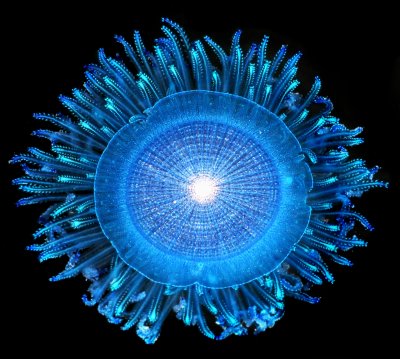

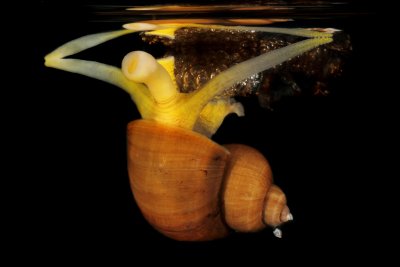
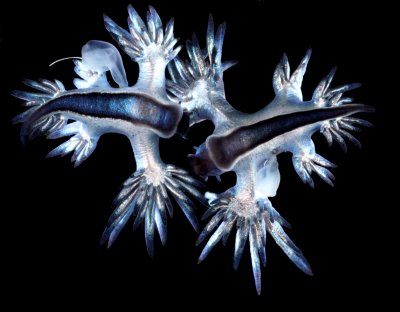
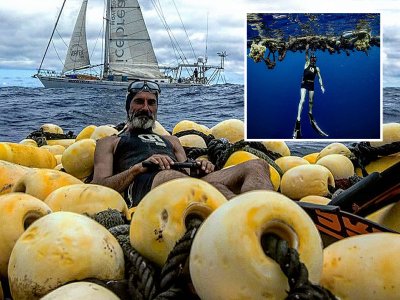
The Great Garbage Patch Clean-Up
While research on the Great Pacific Garbage Patch largely revolves around plastic clean up efforts, Helm told Newsweek that these results are actually interesting on their own.
"They're a possible hint that there's a lot more going on in the garbage patches than we may have realized. And possibly independently of plastics. I think that in itself is fascinating!" she said.
Helm said that at the moment, there is "no evidence" whether these animals are interacting with the plastics.
"Future plastics research should examine everything at the surface, not just plastics. Plastic at the ocean surface was first discovered because a scientist was looking for surface life, but our knowledge of surface plastics has far outpaced our knowledge of surface life. It's time to fill this gap," Helm said.
"Many of these species are eaten by fish, turtles, and birds. They're an important part of the global ecosystem."
Environmental organizations such as The Ocean Cleanup have pledged to rid the garbage patch of its plastic. However, their methods have been subject to some controversy. Following these findings, some researchers expressed concern that the trawl nets used by the organization to collect the plastic could harm the ecosystem.
On Twitter, Helm said organizations should focus on stopping the patch from getting any bigger, rather than using methods that potentially harm its wildlife.
As these findings are preliminary there is still a lot more to learn, Helm said. The study said that more ecological studies on the neustonic species will allow scientists "to better understand" how they contribute to the wider ecosystem.
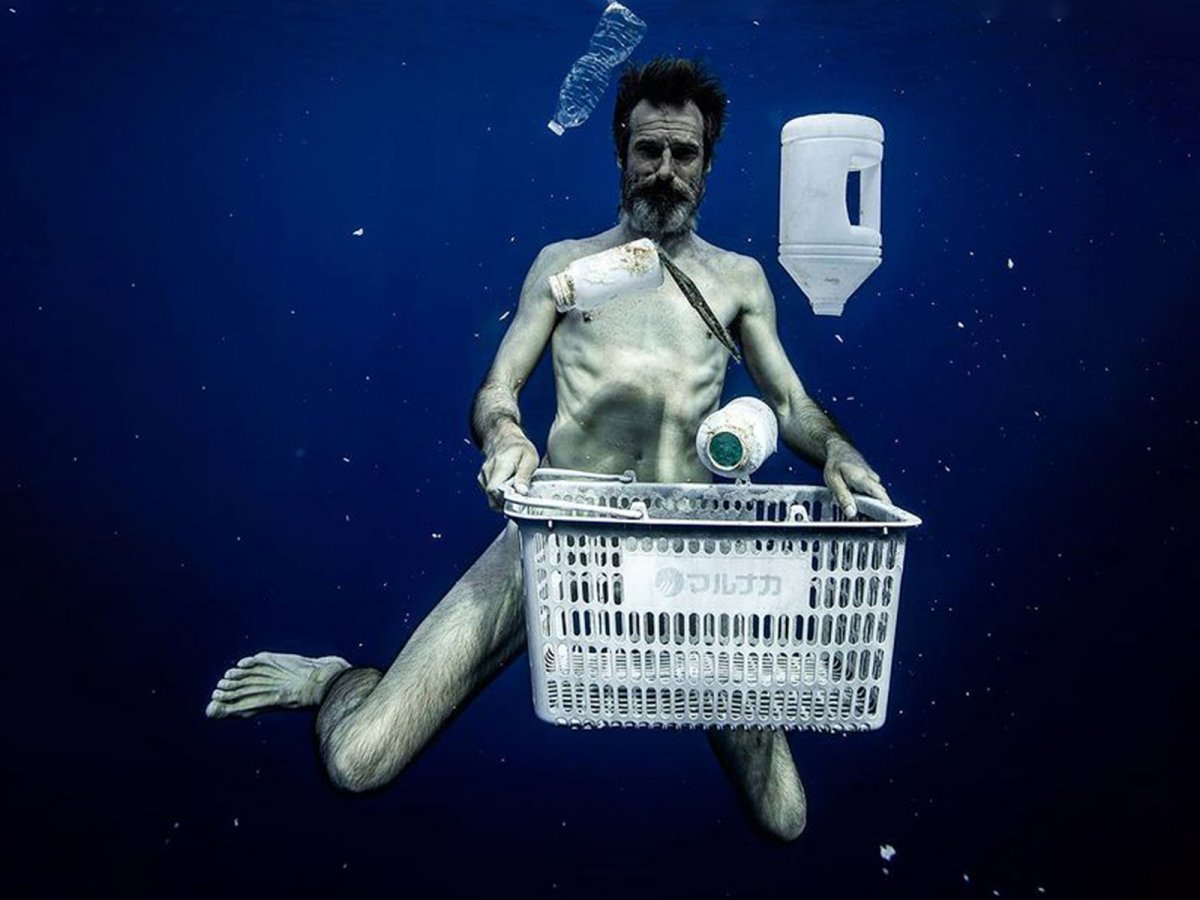
Uncommon Knowledge
Newsweek is committed to challenging conventional wisdom and finding connections in the search for common ground.
Newsweek is committed to challenging conventional wisdom and finding connections in the search for common ground.
About the writer
Robyn White is a Newsweek Nature Reporter based in London, UK. Her focus is reporting on wildlife, science and the ... Read more
To read how Newsweek uses AI as a newsroom tool, Click here.






